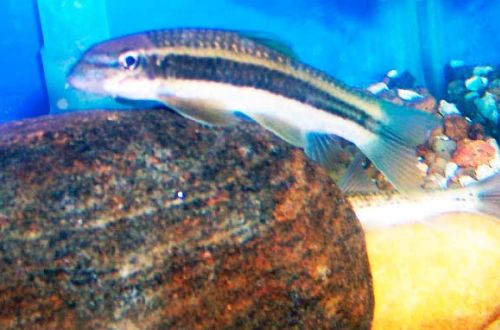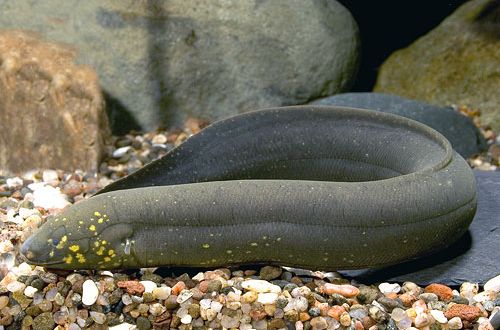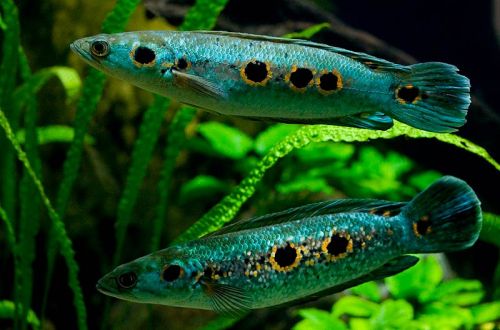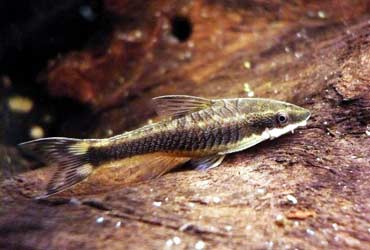
Otocyclus
Otocinclus catfish are rather small (on average no more than 5 cm) and do not have bright colors, nevertheless they are highly valued among aquarists and are very much in demand in professional natural aquascaping. The fact is that these inconspicuous fish are one of the most effective means of combating algae, which form the basis of their diet, and at the same time are completely safe for ornamental aquatic plants.
Otocincluss can be recommended in any aquarium to prevent algal blooms. Optimum results are achieved at a ratio of 4-5 fish per 100 liters.
It is worth remembering that while food for catfish will come naturally, it will probably not be enough for a complete diet. Therefore, additional food supply is mandatory. It is recommended to use specialized food for herbivorous fish.
Contents
Popular species of catfish of the genus Otocinclus
Otocinclus affinis
Otocinclus affinis, scientific name Macrotocinclus affinis, belongs to the family Loricariidae (Mail catfish)
Otocinclus mottled
Otocinclus speckled, scientific name Otocinclus flexilis, belongs to the family Loricariidae (Mail catfish)
Otocinclus broadband
 Otocinclus broadband, scientific name Otocinclus vittatus, belongs to the family Loricariidae (Mail catfish)
Otocinclus broadband, scientific name Otocinclus vittatus, belongs to the family Loricariidae (Mail catfish)
Somik Otto
Otocinclus macrospilus or Somik Oto, scientific name Otocinclus macrospilus, belongs to the family Loricariidae (Mail catfish)
catfish cleaner
Cleaner catfish, Zebra otocinclus or Algae catfish scientific name Otocinclus cocama, belongs to the family Loricariidae (Locardi catfish)
Otocinclus negros
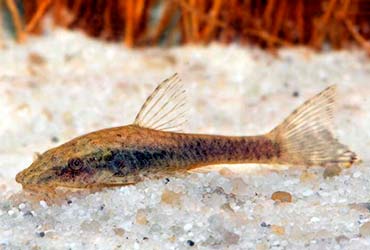 Otocinclus negros, scientific name Otothyropsis piribebuy (formerly Otocinclus sp. “Negros”), belongs to the family Loricariidae (Mail catfish)
Otocinclus negros, scientific name Otothyropsis piribebuy (formerly Otocinclus sp. “Negros”), belongs to the family Loricariidae (Mail catfish)
Otocinclus Hoppe
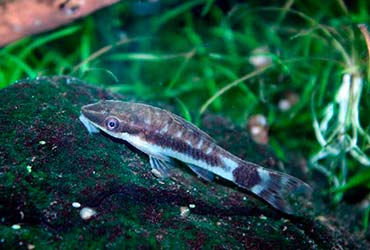 Otocinclus Hoppe, scientific name Otocinclus hoppei, belongs to the family Loricariidae (Mail catfish)
Otocinclus Hoppe, scientific name Otocinclus hoppei, belongs to the family Loricariidae (Mail catfish)



